Fallout's Vaults, ranked from worst to best
From white noise experiments to psychoactive drugs, from virtual reality to human cloning gone Gary.
The Vaults were built to protect human life from atomic bombs, providing safe underground shelter for years until the surface world was once again safe to be inhabited. At least that's what the Vault-Tec Corporation told everyone. As Fallout 2 revealed, in truth most of the Vaults were built to perform sinister, cruel, and occasionally quite funny experiments on the unsuspecting inhabitants.
There are a lot of Vaults in the Fallout games, and even more have been revealed in Prime TV's Fallout TV series. For the record I haven't included every Vault in Fallout history on the list below since some are only mentioned in passing in the games and some have been deemed non-canon by Bethesda.
Considering the amount of evil and suffering involved in Vault-Tec's Vaults, it's hard to say what makes one Vault "better" than another. I mostly based these rankings on how interesting they are to visit, how memorable they are to explore, and how interesting the lore surrounding them is. Here are the Fallout Vaults, ranked from worst to best, and be aware that there are major Fallout TV show and game spoilers below.
Vault 88 (Fallout 4: Vault-Tec Workshop)
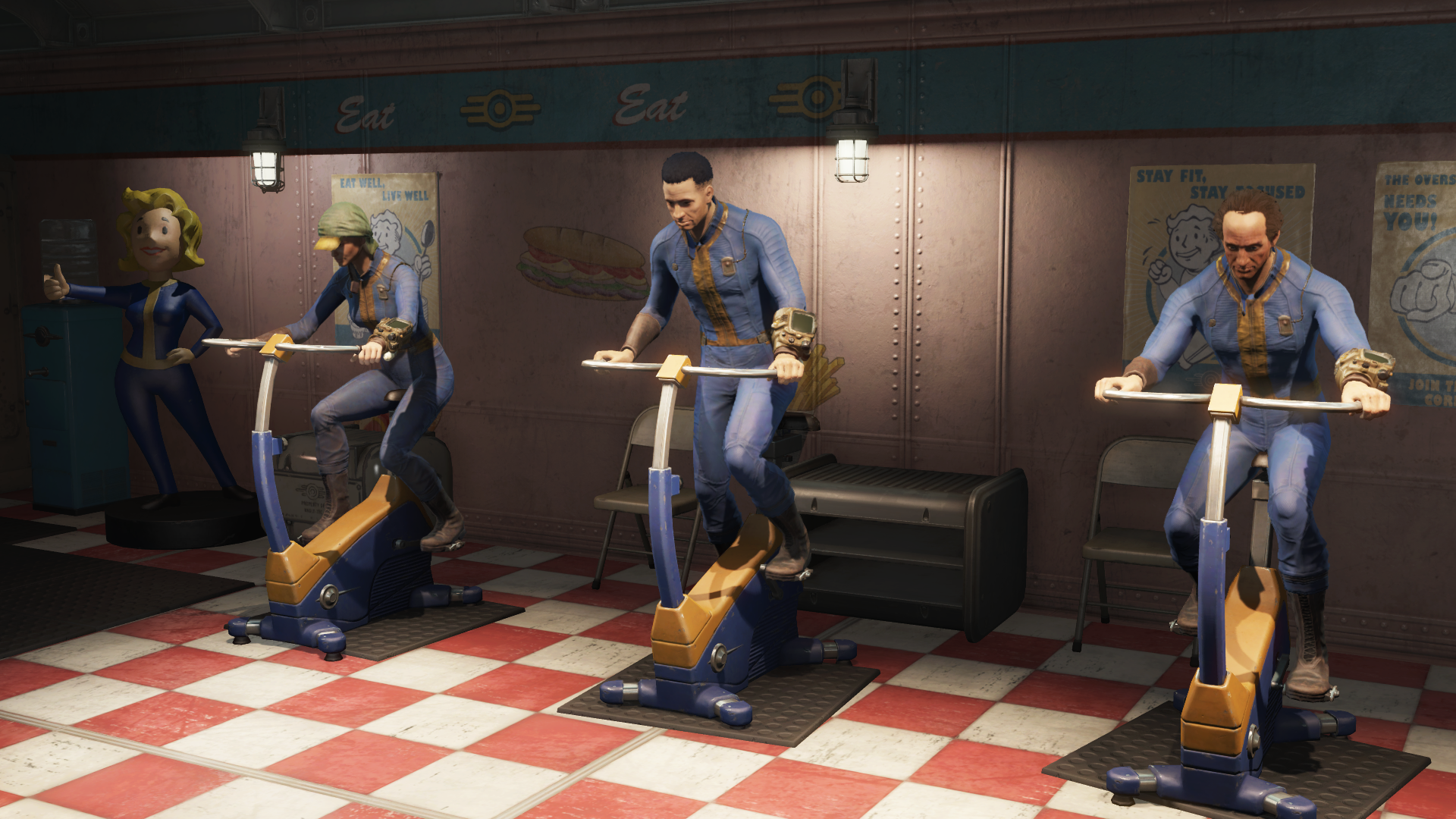
Vault 88 was never completed, but that's where you come in. Part of Fallout 4's Vault-Tec Workshop DLC, it's ostensibly a chance for you to become an overseer and perform your own experiments.
Unfortunately, it winds up being essentially just another Fallout 4 settlement, albeit one with Vault-themed building options and a lot of room to build. The experiments, however, are a bit on the tame side and don't leave much of an impression. Some of them let you be a bit mean to your dwellers, but not truly evil. Instead, you make them power generators by riding stationary bikes or serve them tainted cola. Tainted cola. It's not exactly the Overseer experience I've always dreamed of.
Vault 111 (Fallout 4)
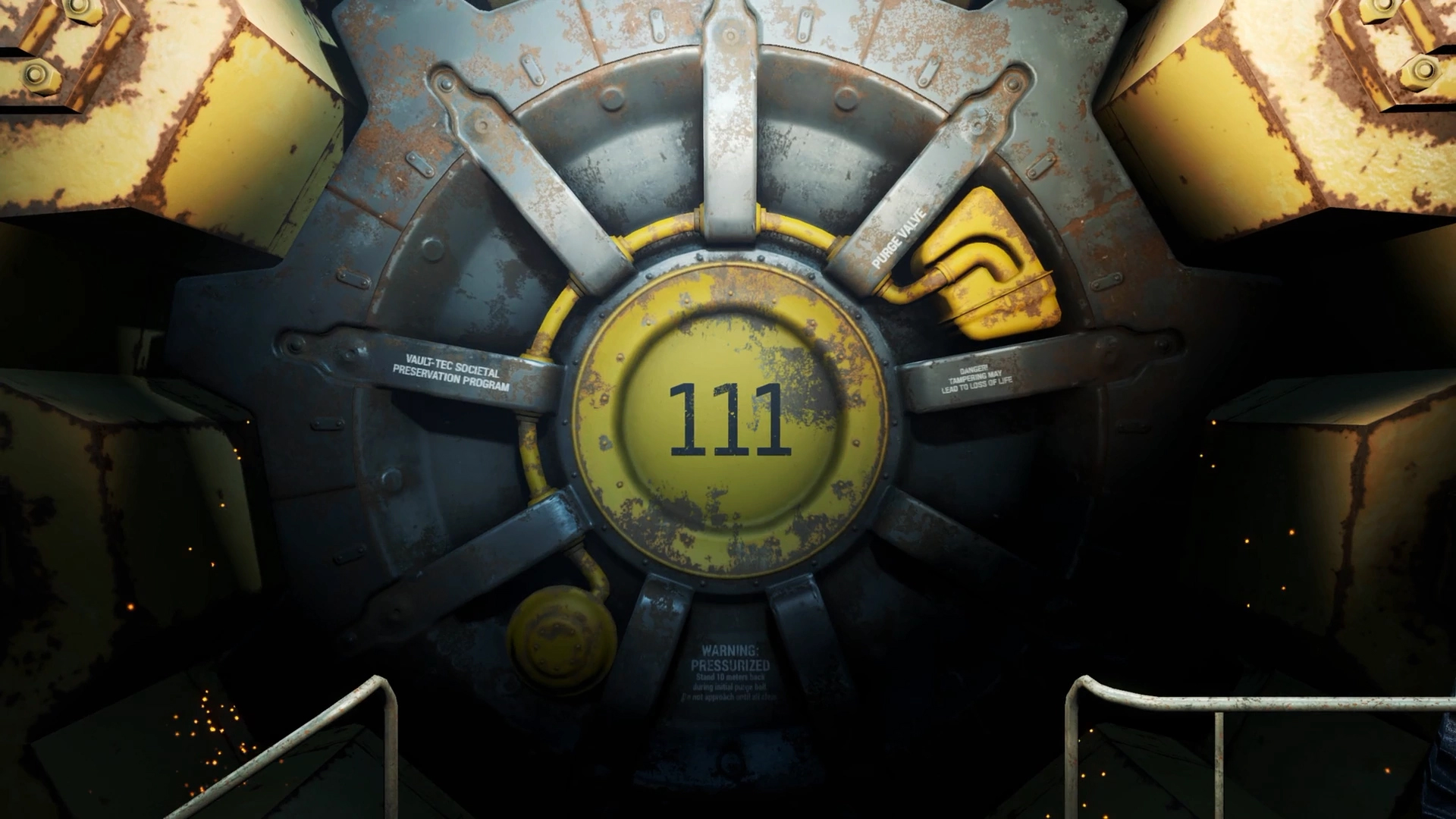
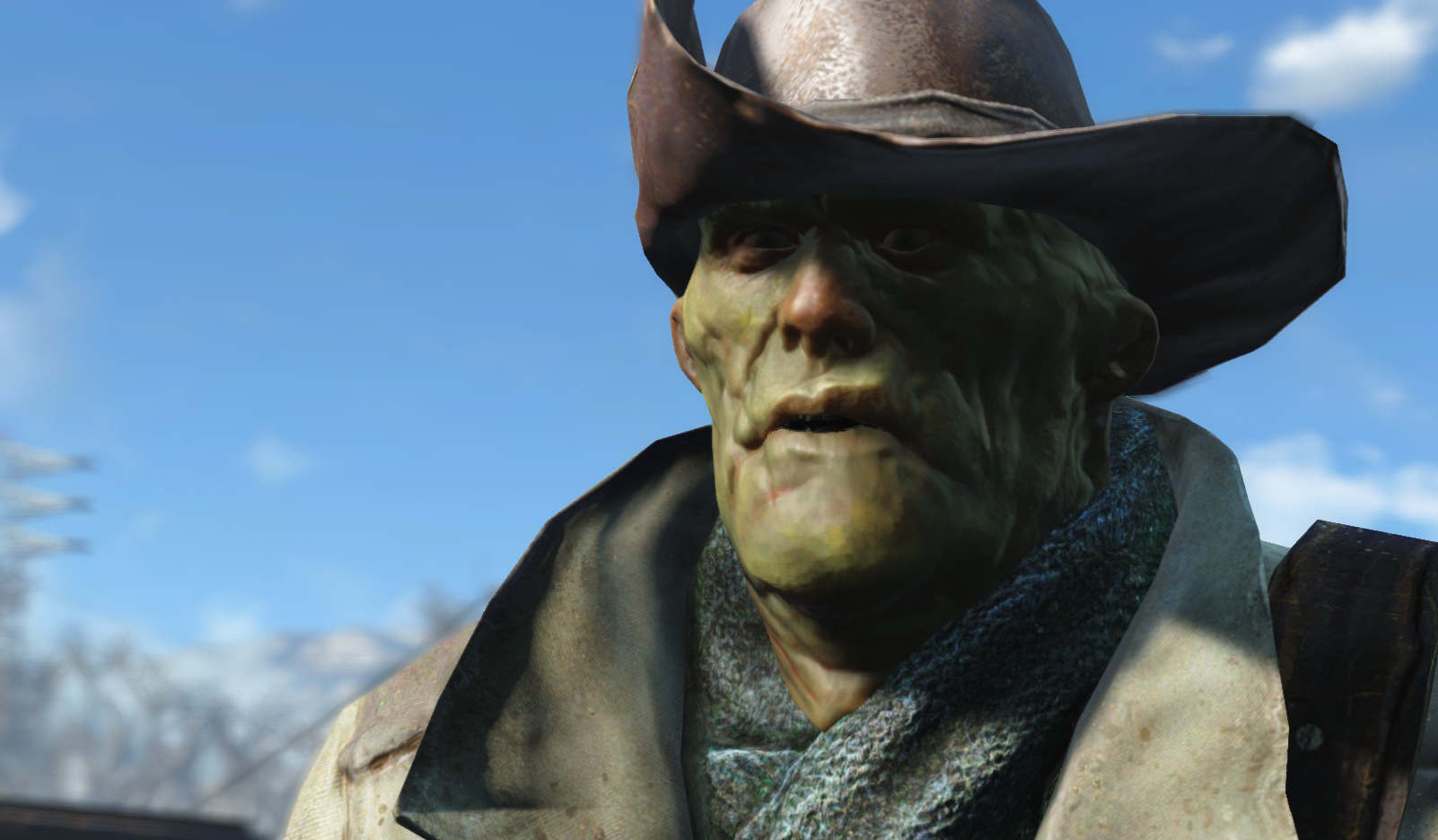
Tired of doing all your own gathering? Break the world with a complete list of Fallout 4 cheats and console commands.
Cryogenics doesn't sound like a bad idea for surviving an atomic war, but only if you actually inform the Vault residents about it first. Naturally, Vault-Tec didn't, instead saying the pods were for decontamination. Surprise! You're an ice cube.
Due to a short-sighted lack of supplies, the non-frozen staff eventually staged a mutiny. Over 200 years later, one frozen resident (you) woke up long enough to witness their spouse being murdered and infant son abducted. Another chunk of time passed, and the resident found themselves the sole survivor of the cryogenic experiment. After it provides a kick-off to Fallout 4's main quest, there's not much reason to hang around the somewhat dull Vault 111: not when there's the settlement of Sanctuary Hills just outside.
The biggest gaming news, reviews and hardware deals
Keep up to date with the most important stories and the best deals, as picked by the PC Gamer team.
Vault 95 (Fallout 4)
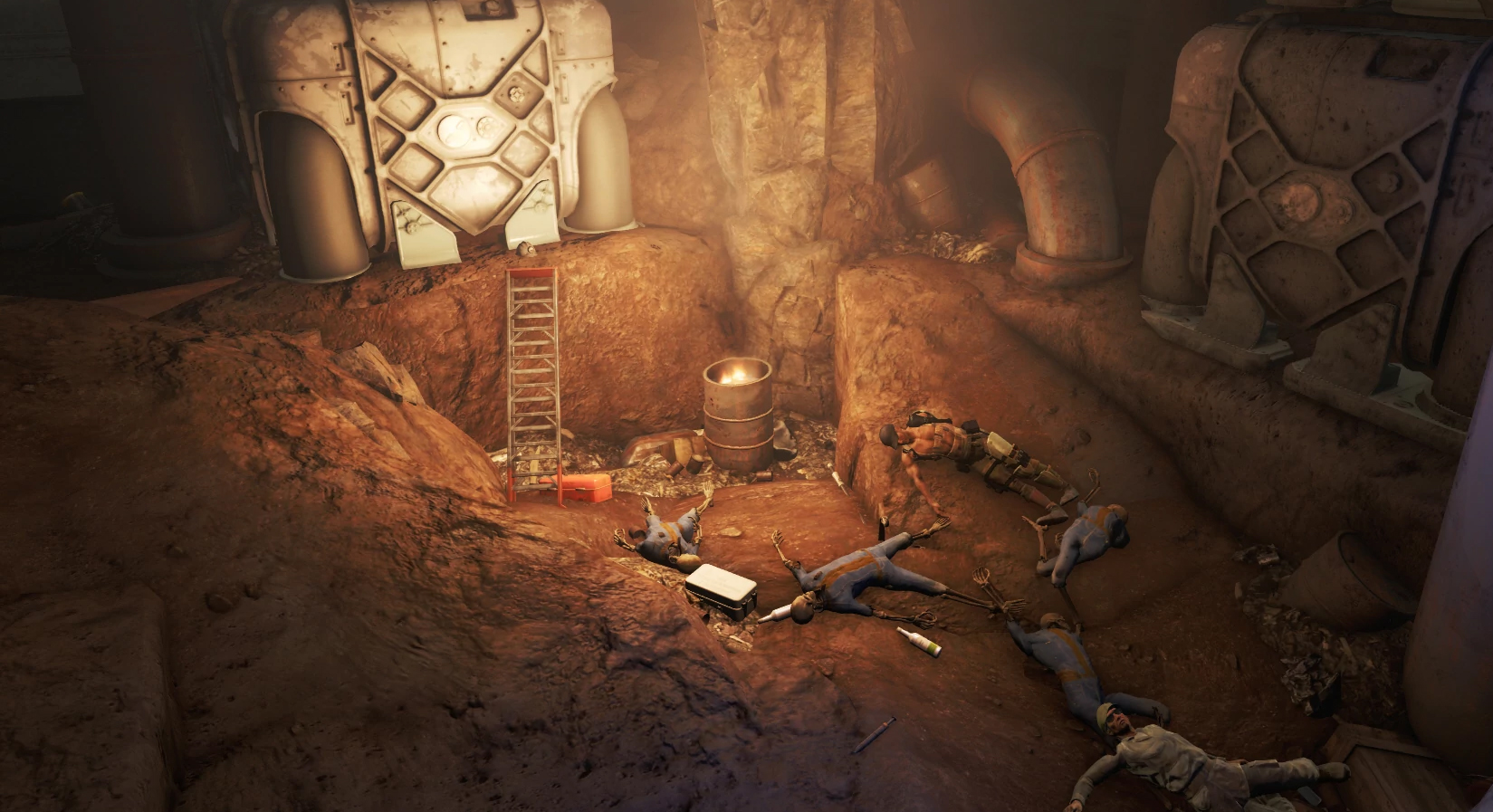
Vault-Tec set up Vault 95 as a rehab center for drug addicts, and did an admirable job carefully and thoughtfully treating its residents' addictions. Nice! Then five years later it popped open a secret hatch filled with a bunch of drugs just to see what would happen. Not nice!
Many of the addicts relapsed, others fought and killed one another (at least the Vault-Tec jerk who opened the drug hatch was killed too), and it eventually became a Gunner hideout. Apart from clearing out Gunners, you can also use Vault 95 to cure your companion Cait of her Psycho addiction. Nice!
Vault 3 (Fallout: New Vegas)
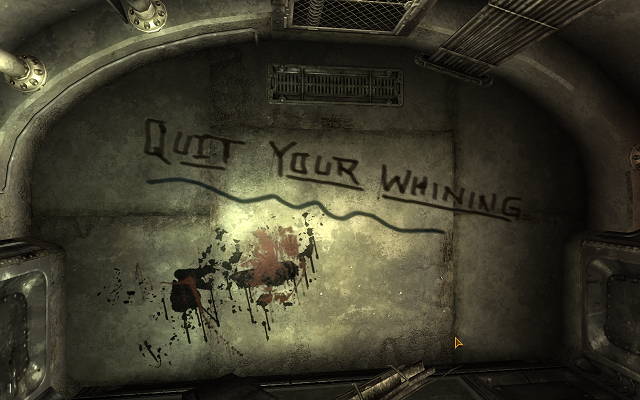
Vault 3 was a control Vault, scheduled to open just 20 years after the bombs fell. The residents weren't eager to expose themselves to the dangers of the outside world, however, and quite sensibly kept it locked longer than was planned. They even managed to stay indoors without everyone killing each other. Weird!
There wasn't a sinister experiment (as far as we know) taking place within the Vault, which therefore makes it one of the more successful yet least interesting Vaults in the series. After a malfunction in the water system, the people of Vault 3 finally opened its door and were promptly slaughtered by a collection of drug-addled raiders called Fiends. When you visit you'll get to exact revenge by wiping out the Fiends and freeing some of their prisoners.
Vault 34 (Fallout: New Vegas)

Vault 34 was low on living quarters which eventually became an issue due to massive over-population. Also, Vault-Tec filled it with a ridiculous amount of weapons—and an armory door that couldn't be locked. Do you see where this one is going? Riots broke out during attempt to plunder the armory, leading to damage to the Vault computers, a radiation leak, and a whole lot of inhabitants being turned into ghouls. Whoops!
In addition to learning the story of the Vault, there's plenty of weapons and ammo still left, making it a worthwhile visit.
Vault 19 (Fallout: New Vegas)
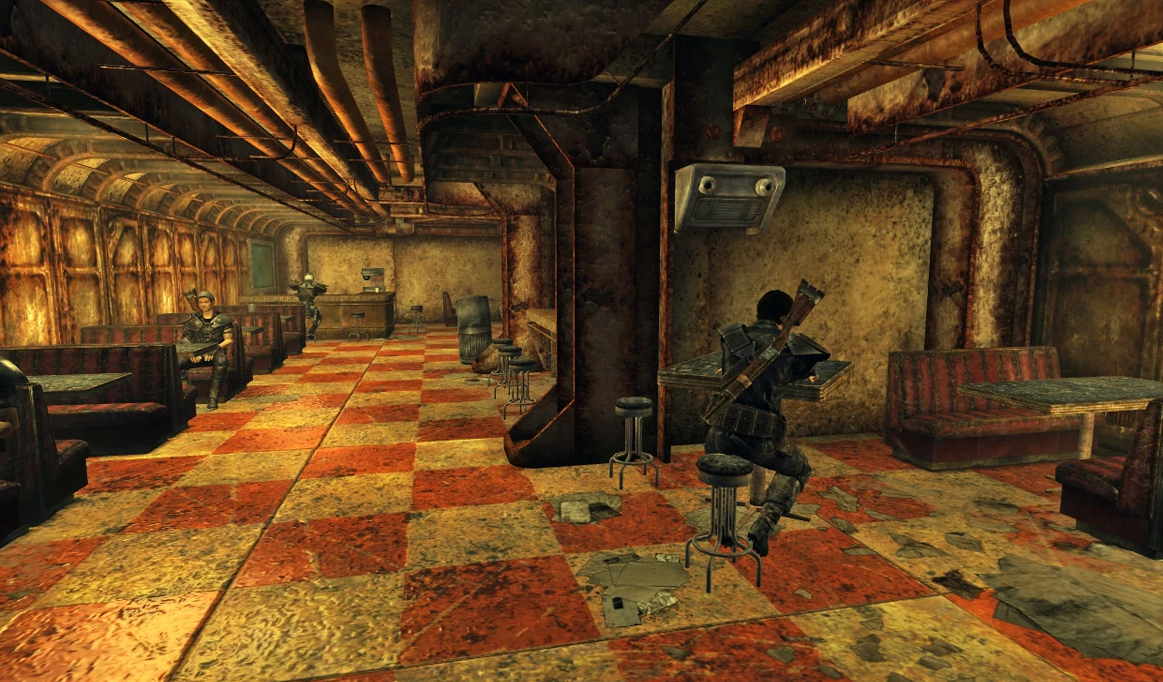
Red vs Blue: a war as old as time. Vault 19 was separated into red and blue sections accessible only to those with the correct colored keycards, most likely as an experiment to see how the different colored teams might interact with (read: turn on) each other.
Unfortunately, a sulfur leak from caverns below Vault 19 made the inhabitants abandon it before they could completely devolve into the violence and murder that seems to be the desired outcome of many Vault-Tec experiments. The Vault was partially occupied later by Powder Gangers. Make nice with them and they're perfectly friendly, or you can blow the whole place up with C-4. As with so much of Fallout: New Vegas, it's entirely your choice.
Vault 92 (Fallout 3)
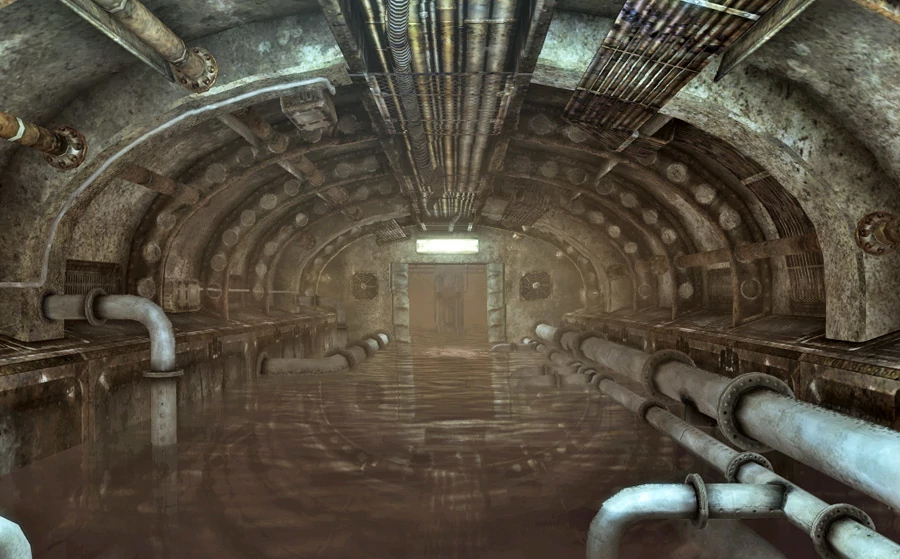
Vault-Tec invited the world's most talented musicians to Vault 92, hoping to not just preserve the human race but also its musical culture and history. Ha ha, no. They really invited them to use them as unwitting test subjects for white noise experiments in an attempt to create a legion of obedient super soldiers.
Hold on to your eyebrows, because they're about to shoot up in surprise—it all went horribly, horribly wrong. The white noise eventually drove the test subjects into fits of extreme rage, which isn't a terrible side-effect if you're building super soldiers. Not so useful is the fact that they couldn't be controlled. There was eventually a mass slaughter in the Vault, compounded by the collapse of a portion of the Vault walls which allowed a swarm of mirelurks to enter. Mirelurks are gross and their clicking and clawing isn't music to anyone's ears.
Vault 4 (Fallout TV series)

Some fine intentions went horribly awry in this Vault from the Fallout TV show, which began with a group of scientists sealing themselves in before the bombs even dropped to study the effects of radiation on human DNA. But it wasn't long until they overstepped their ethical bounds and tried to create human-salamander hybrids using unwilling test subjects. They wound up with a rampaging Gulper in their Vault and the immoral scientists were overthrown.
Now Vault 4 isn't a bad place to live. They attempt to ease the pain of former test subjects and treat mutated humans like anyone else. They're so nice that even if you break their rules, their most extreme punishment is to ask you to leave the Vault. They'll even give you a couple of weeks of supplies so you don't leave empty handed.
Vault 75 (Fallout 4)
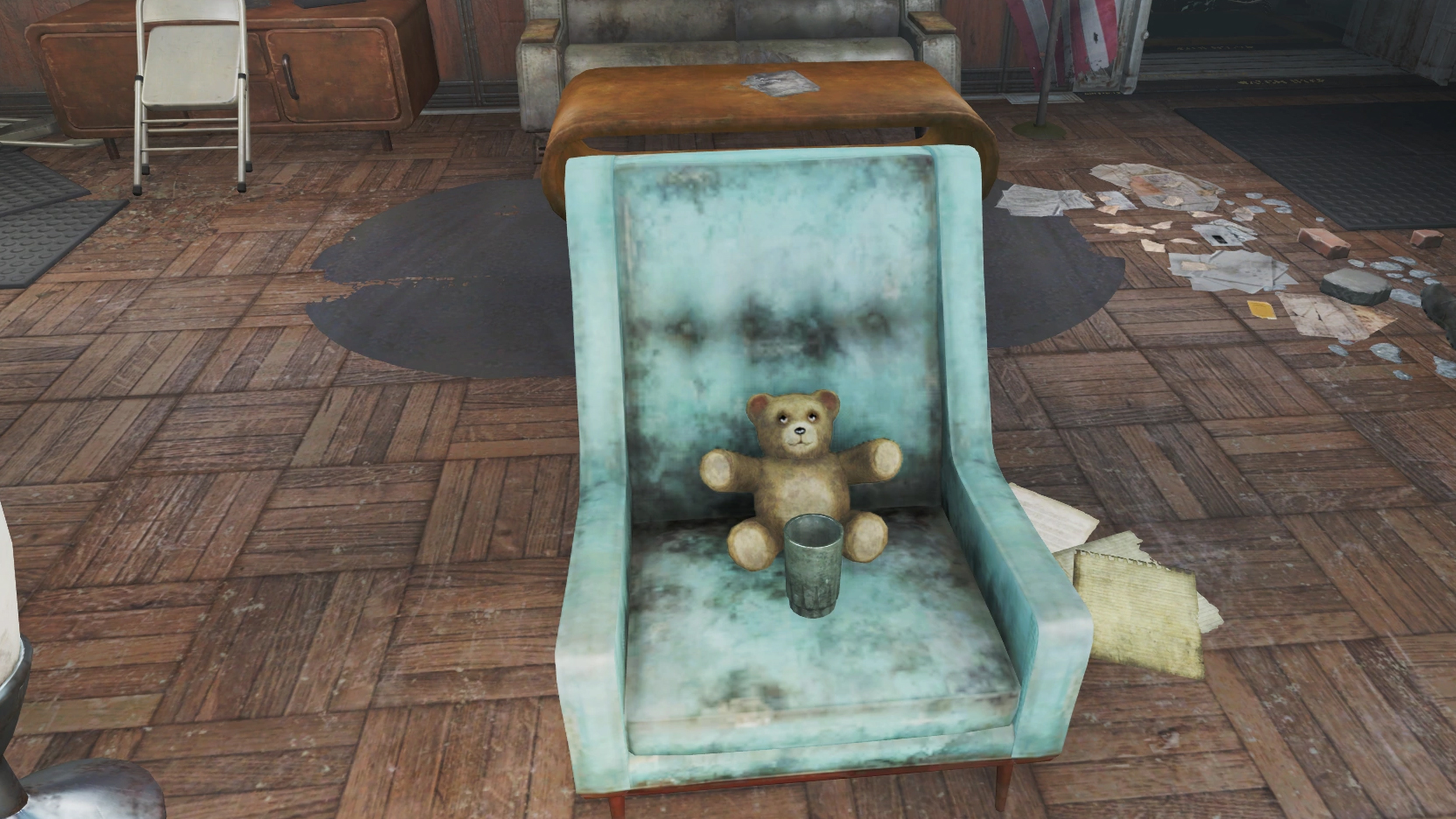
Vault-Tec may have topped themselves for sheer evil with Vault 75. Supposedly built as a safe place for schoolchildren, the kids who took refuge there were separated from their parents on entering, and the parents were quickly executed an incinerated. Children were tortured and tested to determine which had the 'best' genes, and at age 18 those genes were 'harvested' for the next generation in a revolting attempt to create a master race, if you will. Those not up to snuff were snuffed out like their parents.
At some point the subjects of the tests learned what was happening and rebelled, killing the scientists and escaping. Wherever those kids wound up, it's gotta be a better place than Vault 75. Now it's inhabited by Gunners, though the Brotherhood or Institute may show up, and while you're too late to help the long-departed children of Vault 75, you get the satisfaction of making sure the 'research' conducted here never falls into the wrong hands.
Vault 22 (Fallout: New Vegas)

Seemingly a decent place with an admirable goal, Vault 22 was staffed with scientists who undertook agricultural studies and subsisted on the plant life grown inside. Unfortunately, as sometimes happens with videogame scientists, they made an oopsie and the fungus meant to control pests wound up becoming pests. The spores of the fungus infected the human population, turning them into horrible plant monsters.
It's a deadly and harrowing battle through the Vault as you fight these lightning-fast creatures along with giant venus flytraps and mantises. At least you get to blow the entire lab up at the end to make sure they don't escape to the surface.
Vault 31, 32, 33 (Fallout TV series)
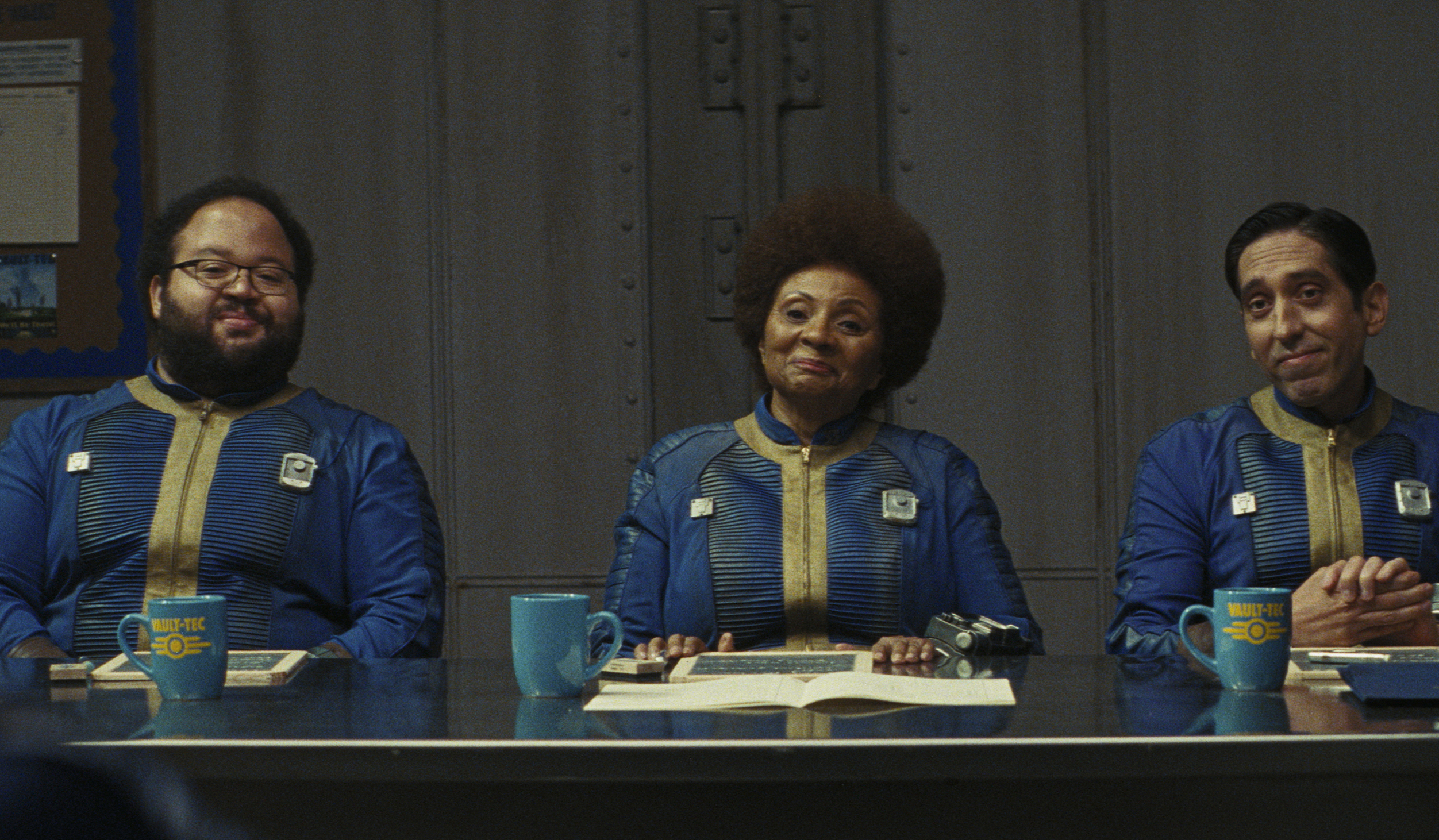
I can't really separate these three Vaults because they're all part of the same terrible system. While things seem peaceful and idyllic in Vault 32 and 33 at the start of the Fallout series, the ugliness of the society eventually becomes apparent. The plan is to repopulate the surface world with the best dwellers possible, so there are arranged marriages and no unsanctioned interbreeding between residents of 32 and 33 to keep the stock pure (not to mention quite a bit of incest between cousins while waiting to be assigned a partner).
As it turns out it's all the master plan of Vault-Tec corporate suit Bud Askins, who cryogenically preserved a bunch of his junior executives and unfreezes one each time the other two Vaults needs a new overseer. (Bud himself is a brain in a jar mounted on a little robot.) Fearing competition from Vaults owned by other companies, Askins hoped to raise a perfect society to recolonize the surface world, nuking any settlement that could threaten Vault-Tec's monopoly on civilization.
Vault 15 (Fallout, Fallout 2)
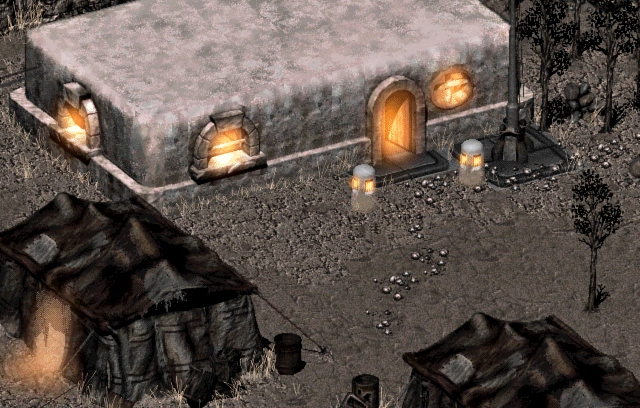
One of the few Vaults you can visit in two different games, Vault 15 was an experiment to see how a population composed of a variety of cultures and backgrounds would get along when crammed into a confined space together for decades. In short: they didn't, and when the door opened 50 years later, the dwellers split into several warring factions of raiders, plus one group that eventually form the NCR.
Though Vault 15 has been stripped and pillaged, it's still being fought over by a few different factions. At the very least you can bring a little peace to the contested Vault by dealing with the raiders who have been kidnapping people living at the entrance, and broker a deal between the locals and the NCR.
Vault 81 (Fallout 4)
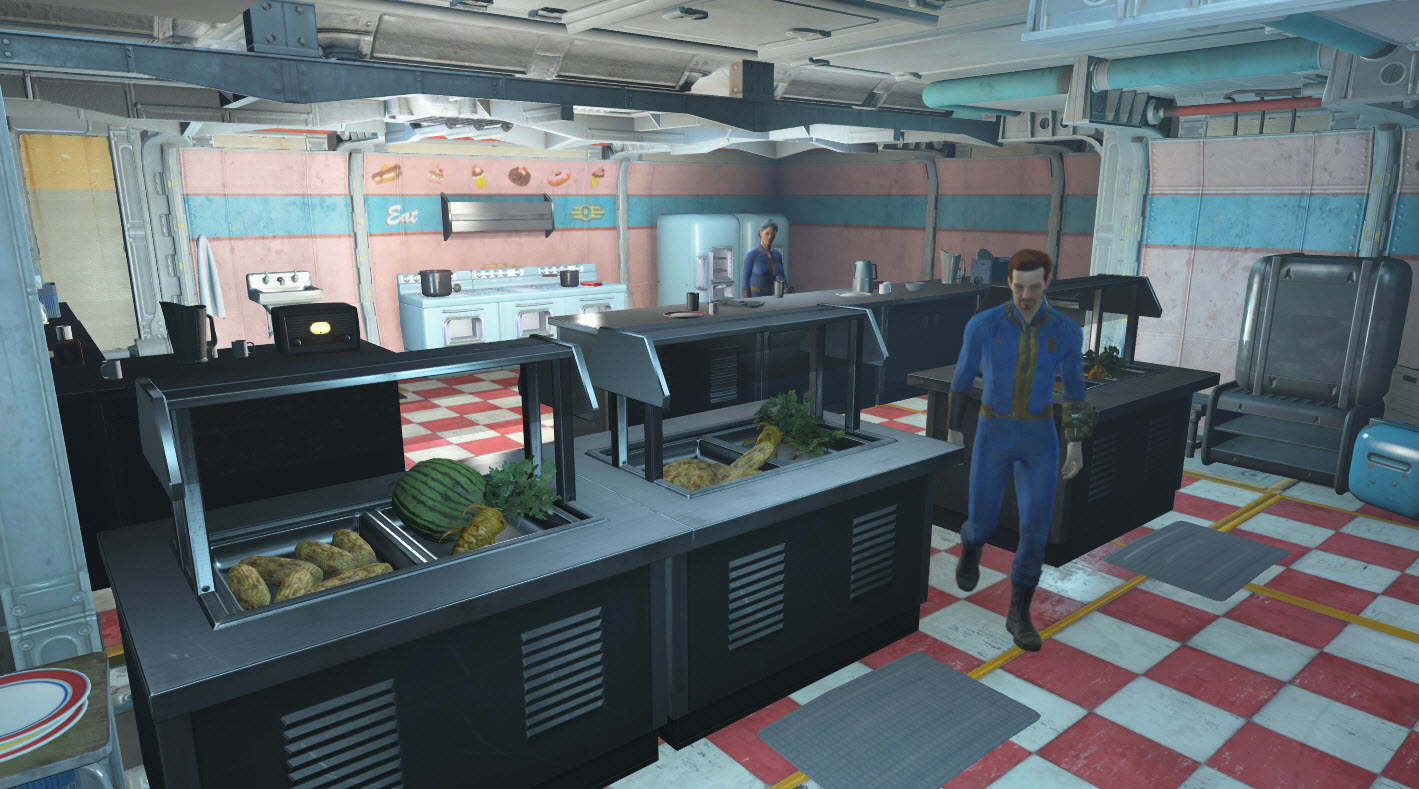
Entering this Vault is an absolute shock because it's filled with… normal, well-adjusted people living their lives. Vault 81 was intended to find the cures for all known diseases by secretly experimenting on its inhabitants—by infecting them with those diseases. However, in a surprising twist, the Overseer of Vault 81 wasn't actually an evil prick and prevented most of the medical scientists from ever entering the Vault. She then sealed off the rest of the scientists from the population permanently.
The scientists were pretty good sports about it, honestly, and carried on studying diseases for the rest of their lives, though not on unwilling human subjects. Best of all they created Curie, a very nice robot with a French accent who can accompany you on your travels.
Vault 118 (Fallout 4: Far Harbor)
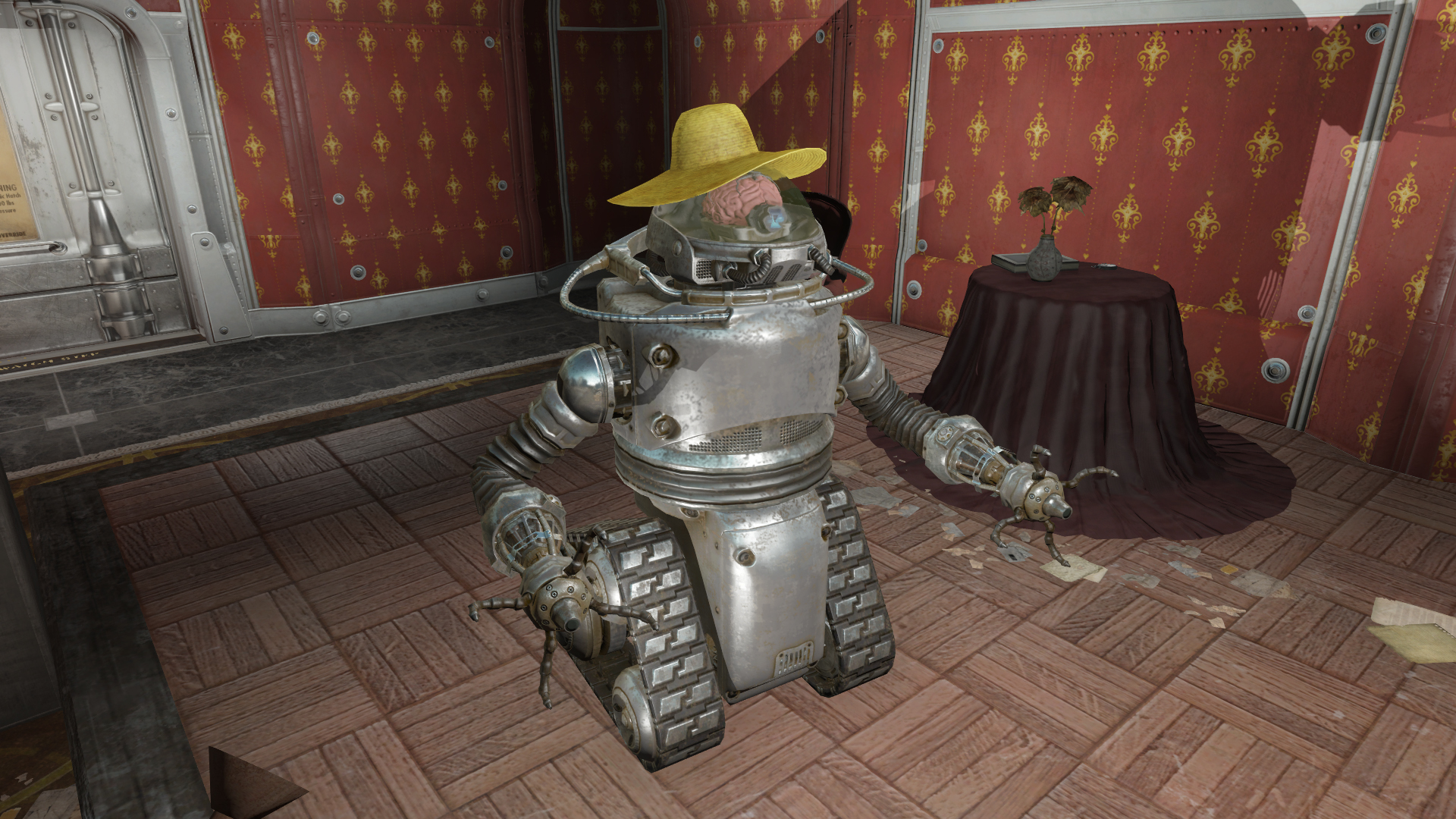
Up for a murder mystery? Built under a hotel, Vault 118 was never completed and its experiment (to house Hollywood hotshots in the lap of luxury and working class stiffs in cramped quarters) was never realized. There's still plenty of drama. A robobrain has been murdered, and when you arrive you get to play detective, question the suspects, and make an accusation. It's fun, and there's some great loot to be acquired, too.
This Vault and quest is a contentious one in the Fallout community, though—it bears a lot in common with a mod called Autumn Leaves for Fallout: New Vegas, which also contains a robot-themed murder mystery and a few other details that feel suspiciously similar. The modder didn't seem too bothered either way, but would like at least to be credited. As for Bethesda, it's denied copying the mod altogether.
Vault 114 (Fallout 4)
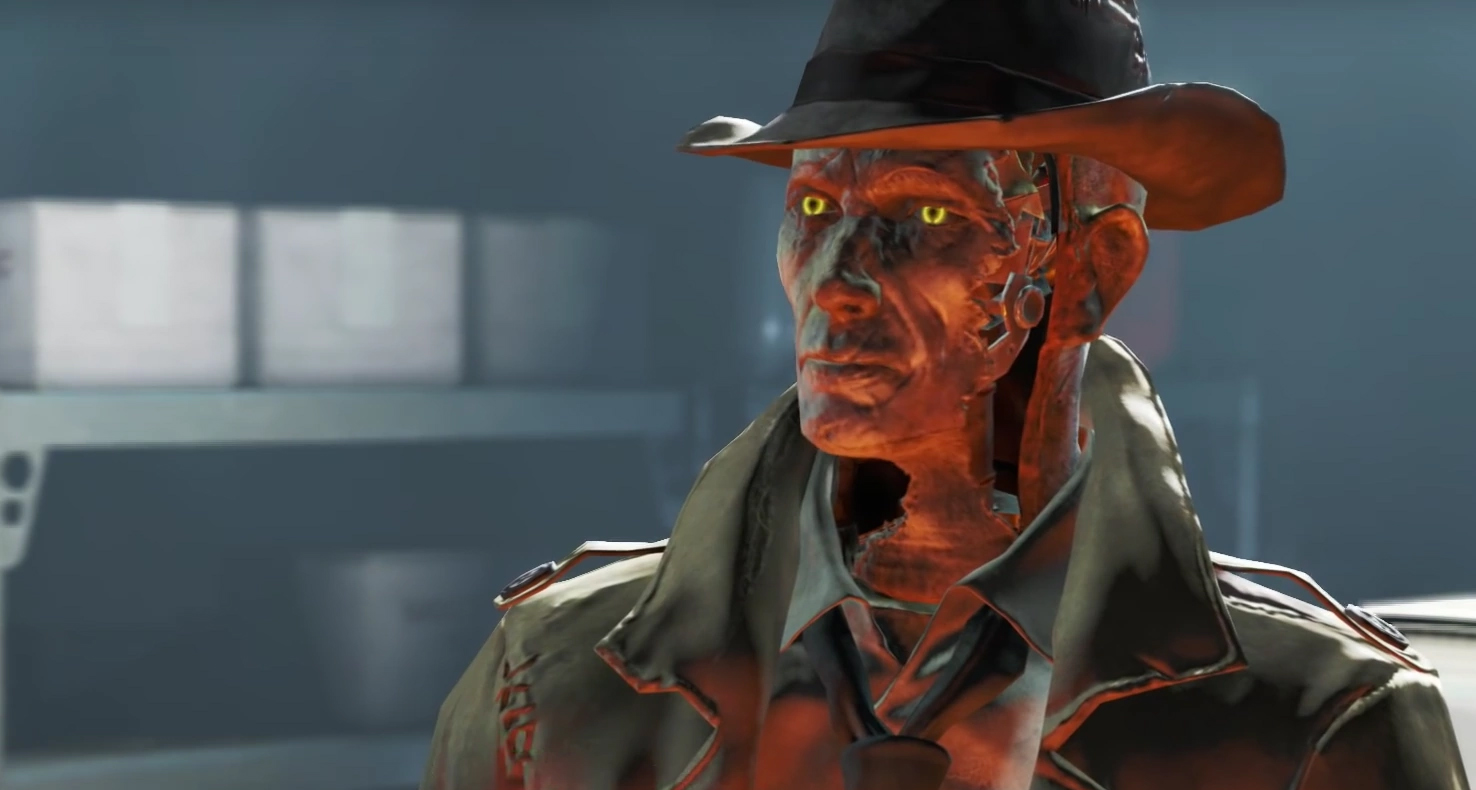
Leave it to Vault-Tec to drop the ball on their one good idea. Vault 114 was advertised to rich politicians and the wealthy elite, who would arrive to find themselves crammed into tiny apartments with shared bathrooms and at the mercy of a deranged, pantsless, Abraxo-eating Overseer named Soup Can Harry.
Unfortunately, the Vault was never completed and it appears no one ever moved in. On the plus side, this is the Vault where you first meet Fallout 4's best companion, robotic gumshoe Nick Valentine, and face off against gangster Skinny Malone. Plus, you get to listen to Soup Can Harry being interviewed on holotape—a definite bonus.
Vault 106 (Fallout 3)
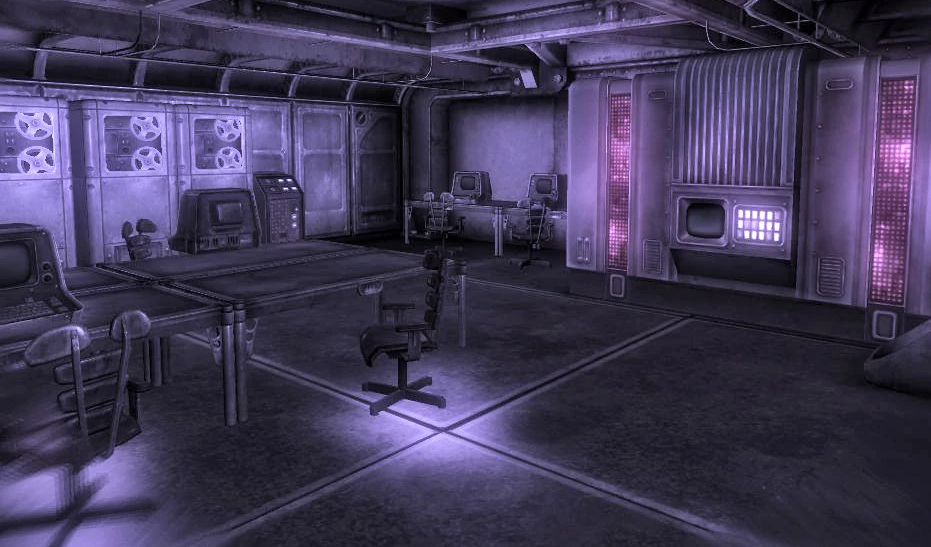
This is pretty a unimaginative experiment by Vault-Tec standards: 10 days after the door was sealed, psychoactive drugs were pumped into the air supply. Everyone went crazy and killed just about everyone else. So, uh, yeah. Crazy drugs make people crazy. Good work, everyone!
It's also a creepy and disturbing place to visit. While exploring you'll inhale some of the drugs still in the air and trip balls, your vision flipping between a pristine and populated Vault and a rusting and ruined one. You'll imagine your father, Butch, and other residents of Vault 111 are present as well. While they're attacking you, you're also being attacked by the real and really deranged residents of Vault 106. It's a jarring and memorable experience.
Vault 12 (Fallout)
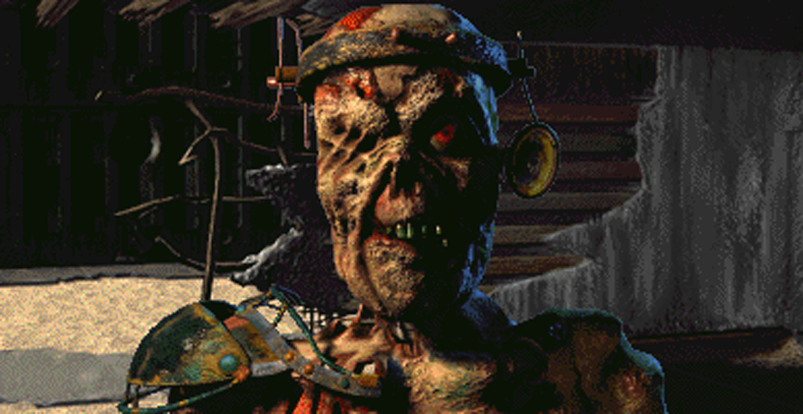
Radiation: how does it work? Vault-Tec decided to find out by herding a thousand people into Vault 12 and then making sure the door wouldn't close when the bombs fell. Sorry-not-sorry, citizens!
The results of the experiment: it turns out radiation is pretty bad for humans. Who knew? The citizens were transformed into disfigured ghouls and glowing ones, who still live there when you arrive. The true revelation of Vault 12, however, is that not all ghouls are simply monsters. Ghouls can be good people, and despite their tragic circumstances they carry on with their lives—a tradition that has carried through the rest of the Fallout series. Many of the ghouls from Vault 12 went to the surface and eventually founded a ghoul-town on the ruins of Bakersfield called Necropolis.
Vault 11 (Fallout: New Vegas)

The social experiment in Vault 11 was a damn grim one. Residents were told that every year they would have to sacrifice one resident or they would all die. You even get to visit the sacrifice chamber, where a filmstrip is shown to the unlucky lamb stressing how important their sacrifice was for the greater good—after which the walls slide open and a score of robots and turrets open fire. The actual sad truth of Vault 11 was that if the citizens chose to stand together and refuse the annual sacrifice, nothing bad would have happened to them.
But these are human beings we're talking about, so naturally they went with the sacrifice option, which led to bouts of infighting, plotting, back-stabbing, and murder. In the end, only five inhabitants were left to discover that all the killing had been done for nothing. They then considered the only 'logical' option: killing themselves. They didn't, though, because one of the five shot the other four dead. What a great group of people, huh? Of all the Vaults, this one sounds like a pretty accurate depiction of human nature.
Vault 8 (Fallout 2)
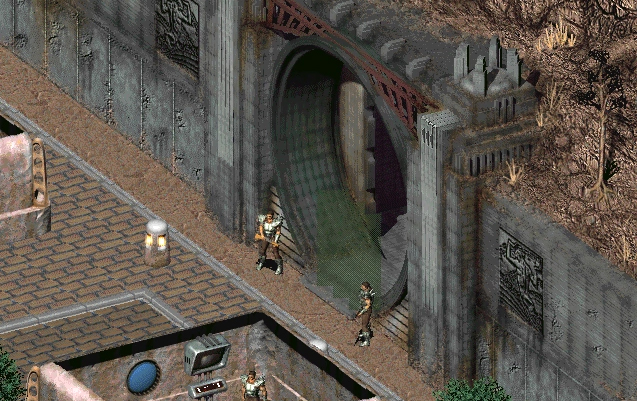
Vault 8 contained nearly 1,000 inhabitants and was intended to remain locked for 10 years, after which its residents would attempt to rebuild society on the surface. What went wrong? Well, nothing, really. In fact, Vault 8 was a smashing success, which shows just what can be accomplished when you don't perform a bunch of horrifying secret experiments on people trapped underground.
Vault 8 eventually formed the foundation for Vault City, a sprawling community that was also highly successful. The Vault itself remained mostly in good shape, housing an excellent medical center, plus a host of quests and characters.
Vault 101 (Fallout 3)
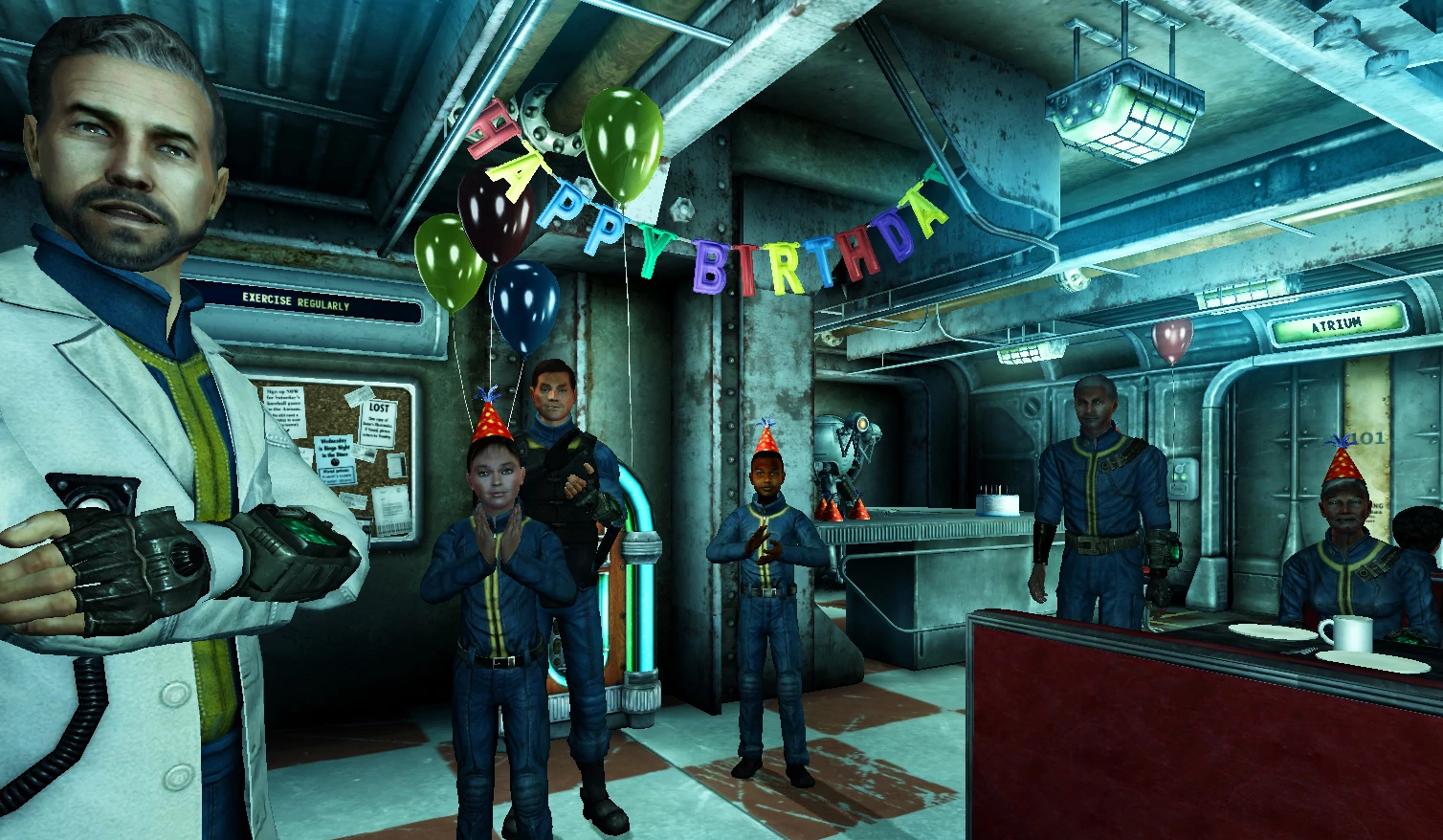
It's hard not to have fond memories of Vault 101. In Fallout 3, it's where you're born and grow up in a series of scenes that constitute the tutorial. There were so many good times: shooting your first radroach with a BB gun, watching a robot cut a cake with a buzzsaw on your birthday, passing your Generalized Occupational Aptitude Test, bludgeoning that asshole Butch to death with a baseball bat... and, oh yeah, realizing your shitty dad lied to you for years and then abandoned you to almost certain death. So many memories!
The ghastly truth of Vault 101 was that it was supposed to remain closed forever. It didn't, making it another of Vault-Tec's expensive failures. But the experience of beginning the game here, from the very moment of your birth to your eventual violent and dramatic escape, makes it one of the most memorable Vaults in the series.
Vault 13 (Fallout, Fallout 2)
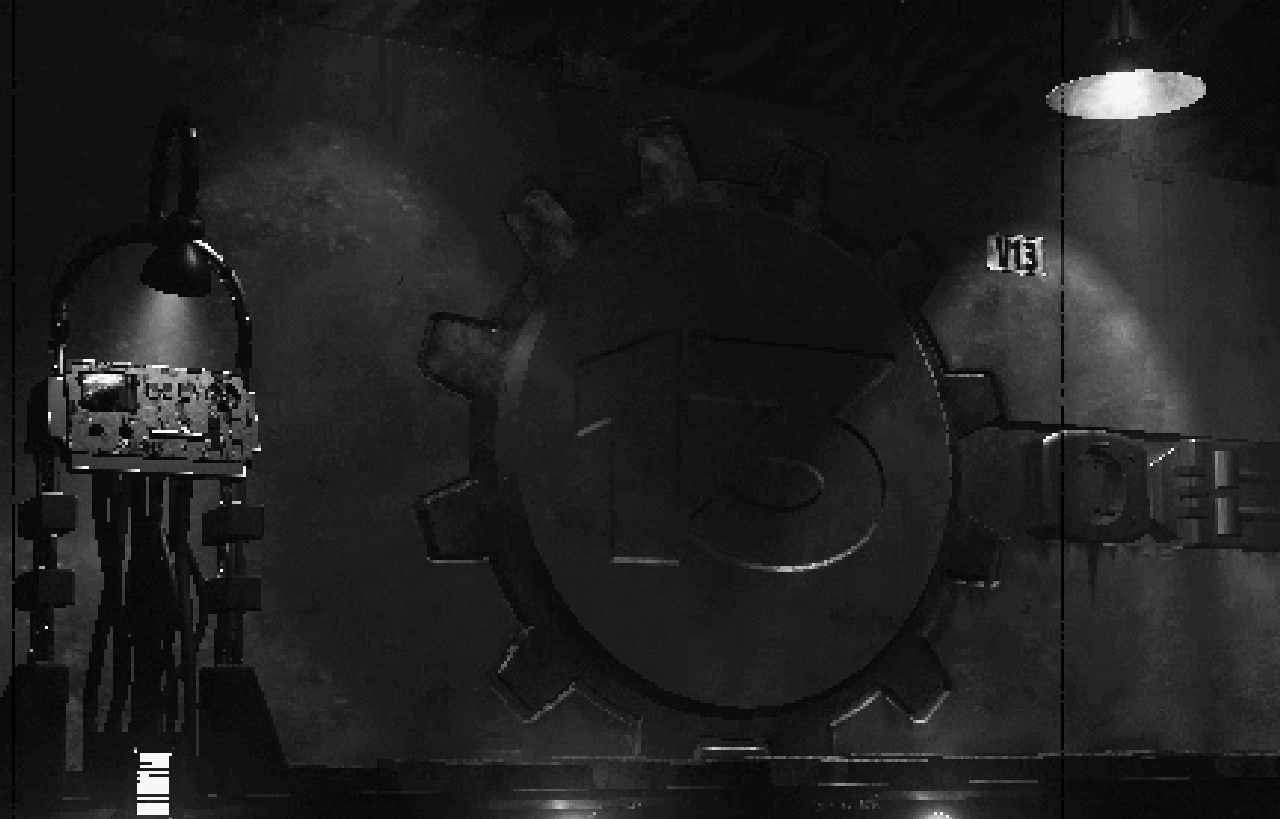
Depending which source you trust, Vault 13 was either a control group, or a study of prolonged isolation, intended to remain closed for 200 years. When an element of its water purification system failed, Vault 13's Overseer began sending explorers out to locate a replacement. Which is where you come in, as the protagonist of the original Fallout.
When the Vault Dweller not only found a water chip but solved the super mutant problem that threatened Vault 13's safety, the Overseer hailed him as hero—then exiled him, worried that other Vault dwellers would hear his stories and leave to join the outside world. The Vault was to be protected even if it meant banishing its savior. The theme of hiding the truth from those who inhabit the Vaults, denying them free will under the guise of protecting them, carried on through the rest of the Fallout series. It began here, in Vault 13.
Vault 112 (Fallout 3)
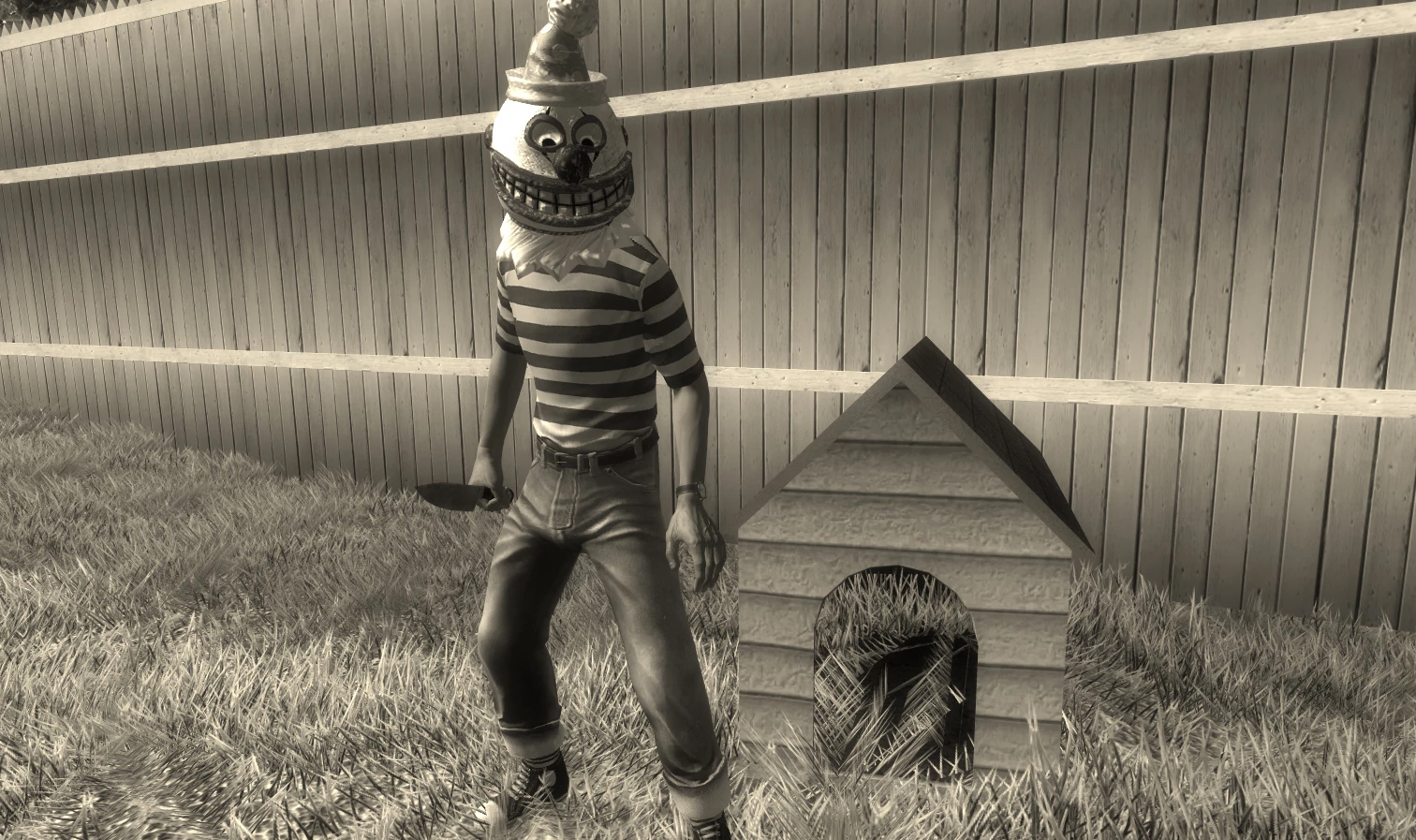
A great way to pass the time in a nuclear shelter would be in cryostasis, with your mind plugged into a virtual simulation that creates an idyllic utopia you can happily inhabit forever. This is Vault-Tec though, so under the tree-lined streets and white picket fences of Tranquility Lane lies a torturous and unending Hell. The Overseer, Stanislaus Braun, is a sadistic madman who uses the simulation to stalk and virtually murder the Vault's inhabitants. Then he wipes their memories and murders them again. Repeat roughly forever.
You get to take part in the trippy simulation while being directed by Braun to torture the other residents both psychologically and physically, from making a little kid cry to straight-up stabbing everyone to death while dressed as an adolescent slasher.
Vault 21 (Fallout: New Vegas)
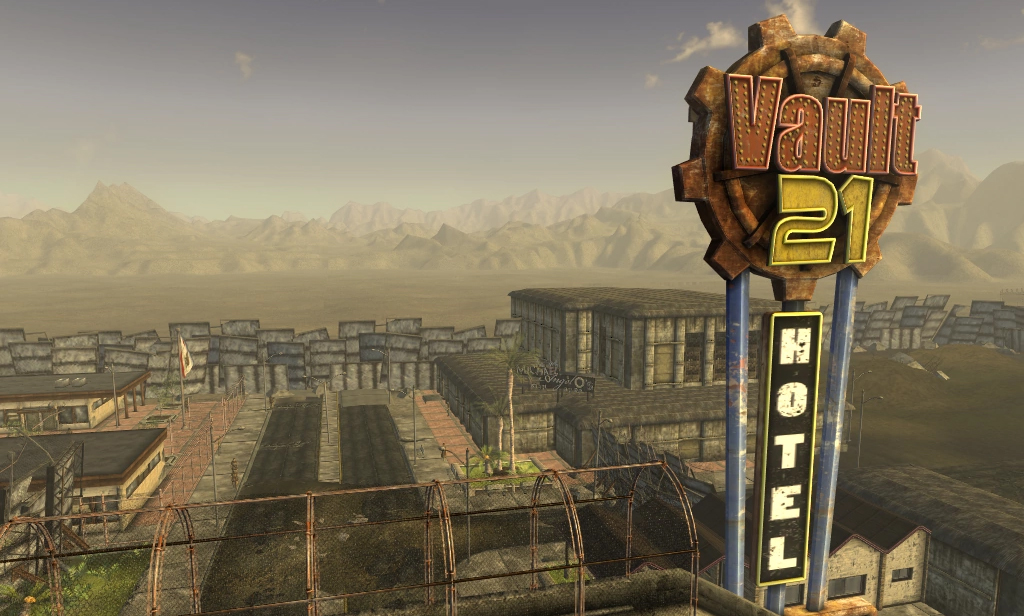
What happens in a tin can underneath Vegas stays in a tin can underneath Vegas, except in the case of Vault 21. Vault-Tec, in its infinite wisdom, decided to fill a Vault with compulsive gamblers. Surprisingly, the gamblers-only society seems to have done fairly well, all things considered, with games of chance being used to settle differences. Eventually, Robert House set his sights on a takeover of Vault 21 and did a bit of remodeling.
Vault 21 was turned into a casino and hotel, which is a far better fate than most Vaults experience. The door was even appropriated into a sign for the hotel, and it's refreshing to visit a Vault with actual life in it instead of just another rotting tin can of death. You can even acquire a personal and permanent hotel room there.
Vault 108 (Fallout 3)
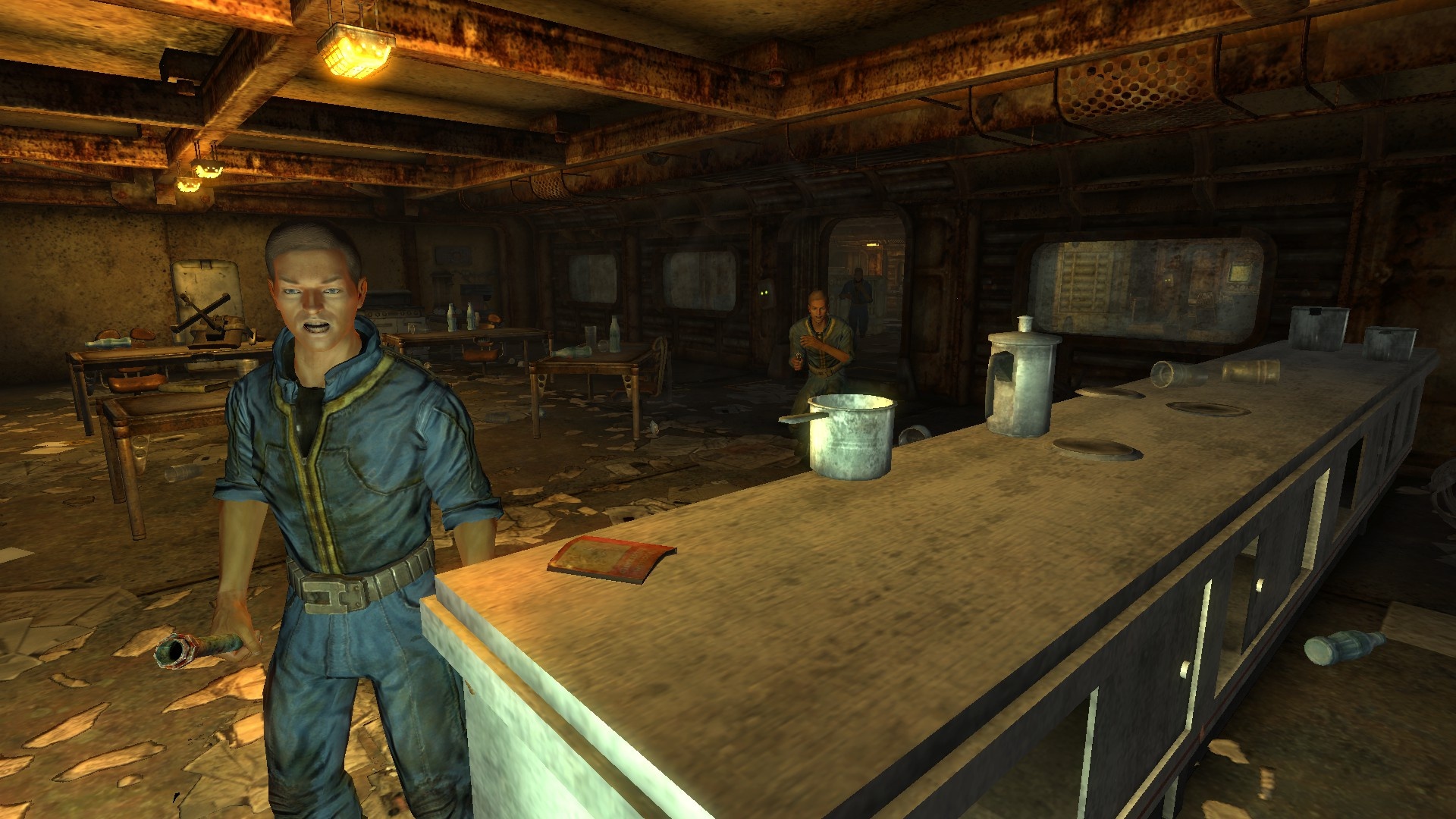
When Fallout fans discuss the various Vaults, it's never without a mention of Gary. Looking over the series, I'd really hoped to find a Vault that was better than Gary's, just to shake things up a little. But I'm with everyone else on this. Gary. Gary? Gary!
Vault 108's experiment was about how people function in a crisis with a lack of leadership and an overabundance of weapons. The Vault was assigned an Overseer who would die of terminal cancer within months, outfitted with a heavily stocked armory, and given a malfunctioning power supply. What would happen in the vacuum of leadership when the lights went out and guns were everywhere?
We don't really know, honestly, because a cloning chamber was included in Vault 108. That doesn't really fit in with the leadership experiment in any way that I can tell, but it does bring us to Gary. (It brings us to several Garys, actually.) Gary was a resident of 108 who was cloned multiple times, with each resulting Gary only able to speak the word "Gary" and each Gary more violent than the last Gary—at least to any non-Garys. Gary was cloned over 50 times, which was a few too many, as ultimately the only survivors of the Vault are a handful of variously numbered Garys—and they are not at all happy to meet you.
It's certainly one of the more memorable locations. Encountering Gary after angry Gary is a surreal experience. Vault 108 isn't the only place Gary appears, either. Interestingly, Gary 23 somehow escaped and was found by the Brotherhood in the Operation: Anchorage expansion. They cut off his arm to remove his Pip-Boy after growing frustrated by his inability to say anything but his own name. Another Vault in Fallout 4 has a number of alphabet blocks that spell out Gary—perhaps an escaped Gary had children? Could be there are more Garys out there, waiting to be discovered in future Fallouts? I hope so.

Chris started playing PC games in the 1980s, started writing about them in the early 2000s, and (finally) started getting paid to write about them in the late 2000s. Following a few years as a regular freelancer, PC Gamer hired him in 2014, probably so he'd stop emailing them asking for more work. Chris has a love-hate relationship with survival games and an unhealthy fascination with the inner lives of NPCs. He's also a fan of offbeat simulation games, mods, and ignoring storylines in RPGs so he can make up his own.

